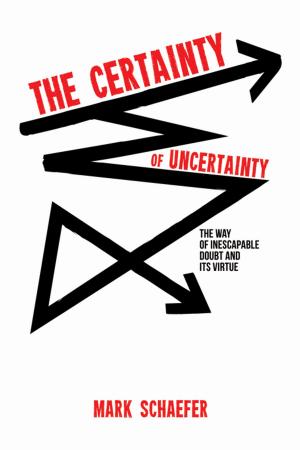| Author: | Karl Barth | ISBN: | 9781498270731 |
| Publisher: | Wipf and Stock Publishers | Publication: | November 1, 2013 |
| Imprint: | Wipf and Stock | Language: | English |
| Author: | Karl Barth |
| ISBN: | 9781498270731 |
| Publisher: | Wipf and Stock Publishers |
| Publication: | November 1, 2013 |
| Imprint: | Wipf and Stock |
| Language: | English |
Originally published in German in an edition edited by Dietrich Braun, Karl Barth's Ethics is at last available in English. This volume, containing lectures given as courses at the University at Munster in 1928 and 1929, represents Barth's first systematic attempt at a theological account of Christian ethics. Although composed over fifty years ago, just prior to Barth's thirty-year devotion to Church Dogmatics, many of its themes, problems, and conclusions are astonishingly relevant today (his critique of competitiveness and of technology, for example). While this work is concerned with the foundations of ethics, it also reveals Barth's highly practical interest in ethics and his special concern to avoid legalism and yet to maintain a structured divine command. Barth's ethics are arranged on a Trinitarian basis, dealing in succession with the command of God the Creator (life), the command of God the Reconciler (law), and the command of God the Redeemer (promise).
Originally published in German in an edition edited by Dietrich Braun, Karl Barth's Ethics is at last available in English. This volume, containing lectures given as courses at the University at Munster in 1928 and 1929, represents Barth's first systematic attempt at a theological account of Christian ethics. Although composed over fifty years ago, just prior to Barth's thirty-year devotion to Church Dogmatics, many of its themes, problems, and conclusions are astonishingly relevant today (his critique of competitiveness and of technology, for example). While this work is concerned with the foundations of ethics, it also reveals Barth's highly practical interest in ethics and his special concern to avoid legalism and yet to maintain a structured divine command. Barth's ethics are arranged on a Trinitarian basis, dealing in succession with the command of God the Creator (life), the command of God the Reconciler (law), and the command of God the Redeemer (promise).















